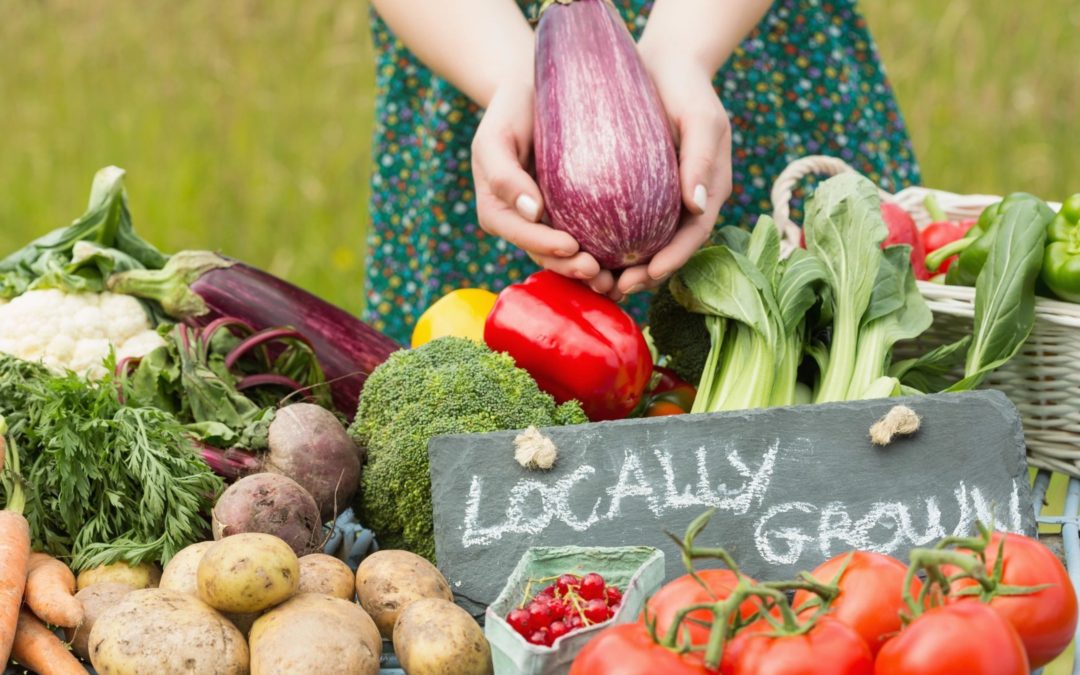
During the winter, the cold and wind begins to dry out the land. This is often reflected in our bodies, throats, and sinuses. This can lead to colds and flus as mucus is produced. To combat the drying effects of winter we need to have a higher protein and a higher fat diet in the form of warming, heavy, oily foods that will replenish our bodies. Heavy foods are grounding in nature like beets, carrots, winter squash, meat, and avocados. They are not fried-foods.
Many of us begin to notice a low immune system with congested sinuses, sore throats, and coughs. If this happens, we suggest taking a tablespoon of honey with ½ a tablespoon of turmeric and ½ black pepper.
For winter, it is very important to have a regular rhythm of sleep, exercise, and mealtimes. This keeps the body regular and prevents anxiety, low immunity, and constipation.
Specific Foods for Winter:
- Spice up your like during winter. The heating quality of most spices will keep your body warm and your immunity up. By adding more heating herbs and spices your Agni (digestive fire) will be boosted. Some great spices are cinnamon, cardamom, black pepper, cumin, salt, turmeric, and cayenne.
- Go for foods that taste naturally sweet, sour, and salty. Sweet foods, such as yams, carrots, and sweet potatoes deeply nourish our tissues. The sweet taste combats dryness and the lightness of winter and helps calm the body. The sour taste will heat the body and stimulate the digestion.
- Other vegetables include winter squash, acorn squash, tomatoes, onions, and artichoke hearts. All vegetables should be cooked and not raw. Peas, broccoli, cauliflower, and zucchini are okay in moderate quantities if cooked with ghee and spices.
- The use of oils is recommended for cooking as they reduce dryness. We recommend ghee (clarified butter) and sesame oil.
- Children should avoid dairy products as it creates phlegm in the body, and adults should use it only in small amounts. Cheese should be eaten in moderation.
- Grains are good to eat for this season. Brown rice and wheat are recommended. Wheat has gluten, which can cause digestive problems and inflammation, so be aware of intake. Eat less of corn, millet rye, dry oats and barley.
- If you eat meat, chicken, turkey, and seafood (lobster and shellfish) are okay for the season. If you eat red meat, this is the time of year to eat it, as the body needs heat.
- Reduce bean intake, except for mung dahl and tofu. Beans have a tendency to make the body gassy and absorb large amount of water, so they should be avoided in winter. If it is windy in the environment, we don’t want to have excess wind in the body. If you do want to cook beans, as some soups call for it, try to soak them overnight or cook them with three or four times the normal amount of water. This allows the beans to absorb water not from your body and reduce the drying wind qualities. It is also recommended to cook them with asafoetida to reduce gas.
- Fruits that are sweet, sour, or heavy are good for the season. Oranges, avocados, bananas, peaches, mangos, and papayas. Apples are great cooked with cinnamon. It is natural to eat less fruit, as most of it is not in season.
Citation
Douillard, John. The 3-Season Diet: Eat the Way Nature Intended to Lose Weight, Beat Food Cravings, and Get Fit. 88-90. New York: Three Rivers Press, 2000.
Lad, Vasant. The Complete Book of Ayurvedic Home Remedies. 68-69. NewYork: Three Rivers Press, 1998.
Comments
Post a Comment